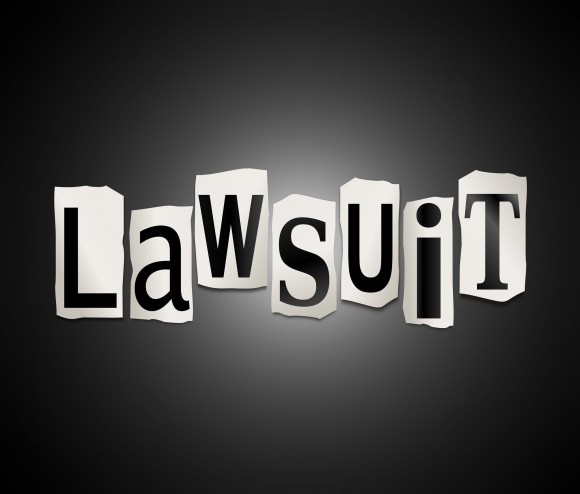A Harvard University professor known as an expert in intellectual property is suing the New York Times for its publication of a “sensationalized, false and defamatory ‘clickbait’ Internet headline and lede” about him during the Jeffrey Epstein human trafficking scandal.
Professor Lawrence Lessig alleges that the newspaper disregarded his complaints that the information was contrary to the views he had expressed but published it anyway because it wanted to entice traffic to the article and its website.
As a result, Lessig claims, within hours of the publication, his name and reputation “became associated with the notoriety surrounding the Epstein scandal, and the community that quietly or silently tolerated such monstrosity.”
According to the complaint, the New York Times actions are “part of a growing journalistic culture of clickbaiting: the use of a shocking headline and/or lede to entice readers to click on a particular article, irrespective of the truth of the headline.”
The complaint, filed in federal district court in Boston, concerns a Sept. 14, 2019 headline: “A Harvard Professor Doubles Down: If You Take Epstein’s Money, Do It in Secret.” That headline was followed by the text: “[Lessig] defend[s] soliciting donations from the convicted sex offender Jeffrey Epstein.”
The story under that headline and lede was based on an essay Lessig had written for Medium about Joichi Ito, head of the Media Lab at the Massachusetts Institute of Technology and a friend of Lessig, who accepted donations from Epstein, and on two interviews with the New York Times writer.
The article began: “It is hard to defend soliciting donations from the convicted sex offender Jeffrey Epstein. But Lawrence Lessig, a Harvard Law professor, has been trying.”
According to the Times, in his essay Lessig argued that the act of hiding Epstein’s contributions was good because it avoided “whitewashing” Epstein’s reputation. The essay said: “Everyone seems to treat it as if the anonymity and secrecy around Epstein’s gift are a measure of some kind of moral failing. I see it as exactly the opposite.”
In the interview section of the Times article, Lessig is asked if it is alright for institutions to keep secret contributions from people like Epstein, a convicted sex offender who died in jail.
“No. My preference is that none of this money should be in institutions, but if the institution says it’s going to take this money, then at the very least it should not be offering the gift of reputation laundering for those who give it,” Lessig answered.
The newspaper published the story with the headline and lede that Lessig says were the “exact opposite” of what he expressed despite being told by Lessig before publication that they were not a true reflection of his views. He said the newspaper also refused to change or remove the copy when he complained after it was published.
At the time the story ran, Lessig says he was about to begin an effort to develop standards related to the acceptance of donations from people and institutions that engage in wrongdoing. He alleges that the publication of the article “with reckless disregard of the truth” that had him defending an institution’s acceptance of money from Epstein destroyed those efforts and harmed his reputation.
Lessig is seeking a jury trial and unspecified damages for alleged damage to his reputation and profession, as well as emotional distress, embarrassment and humiliation.
For its part, the New York Times is standing by its decisions. A Times spokeswoman told Reuters that senior editors reviewed the story after Lessig complained and were “satisfied that the story accurately reflected his statements.” She said the publication plans “to defend against the claim vigorously.”
The case is Lessig v New York Times Co et al, U.S. District Court, District of Massachusetts, No. 20-10060.
Was this article valuable?
Here are more articles you may enjoy.



 Viewpoint: Runoff Specialists Have Evolved Into Key Strategic Partners for Insurers
Viewpoint: Runoff Specialists Have Evolved Into Key Strategic Partners for Insurers  State Farm Adjuster’s Opinion Does Not Override Policy Exclusion in MS Sewage Backup
State Farm Adjuster’s Opinion Does Not Override Policy Exclusion in MS Sewage Backup  Lemonade Books Q4 Net Loss of $21.7M as Customer Count Grows
Lemonade Books Q4 Net Loss of $21.7M as Customer Count Grows  How One Fla. Insurance Agent Allegedly Used Another’s License to Swipe Commissions
How One Fla. Insurance Agent Allegedly Used Another’s License to Swipe Commissions 

